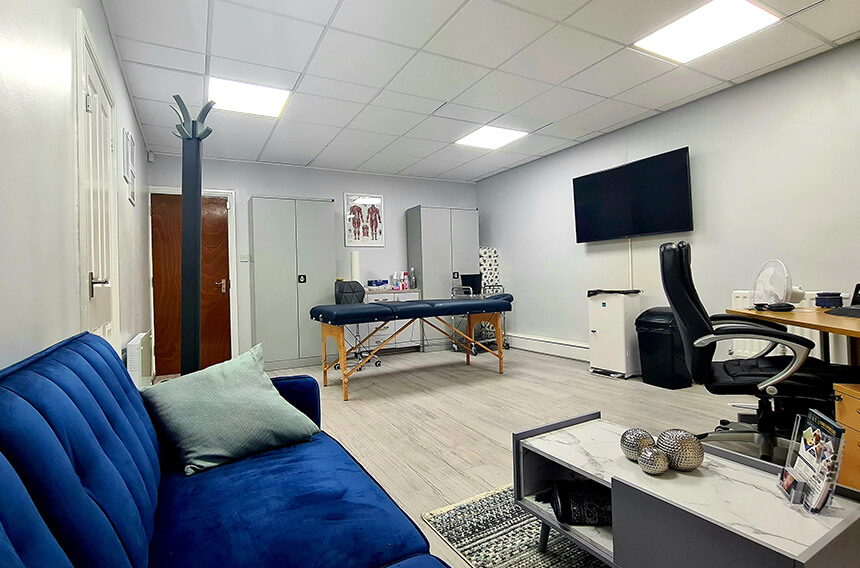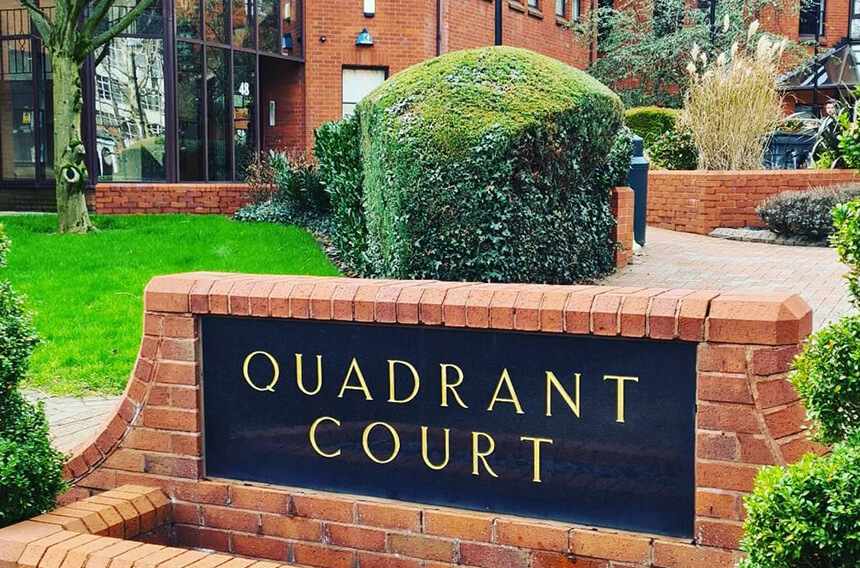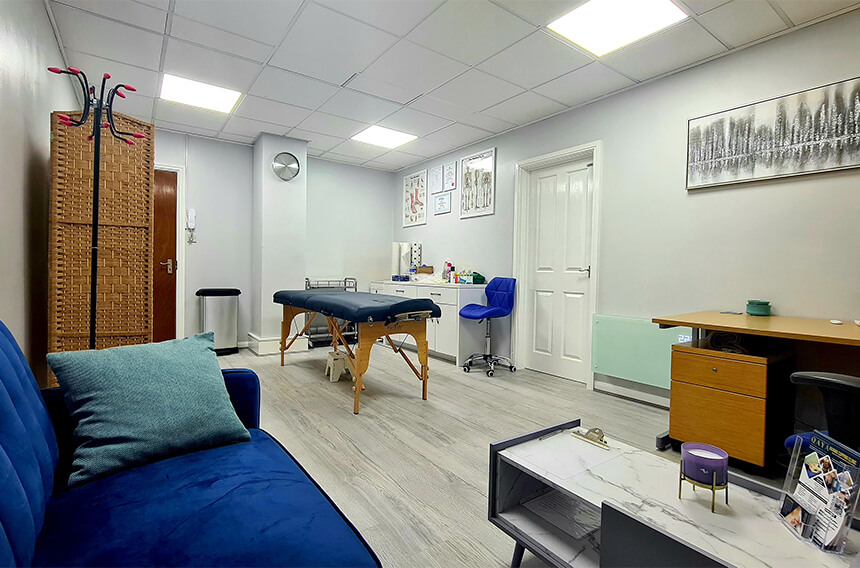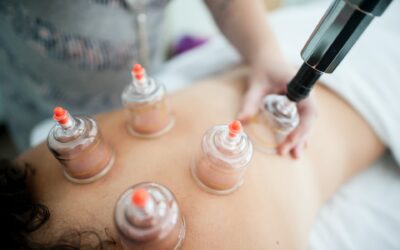What is the advice?
With more people staying indoors during the pandemic, some may have been deprived of vitamin D.
Normally, many of us get it by spending time outside. Our skin makes it when exposed to the sun.
The NHS says people should consider taking 10 micrograms of vitamin D a day if they are spending a lot of time indoors.
Scottish and Welsh governments and Northern Ireland’s Public Health Agency issued similar advice during lockdown.
Before the pandemic, people in the UK were already advised to consider taking supplements from October to March.
Public Health England recommends vitamin D throughout the year if:
- you are not often outdoors
- you live in a care home
- you usually wear clothes that cover up most of your skin when outside
People with dark skin may also not be getting enough, even if they spend time outdoors, and should consider an all-year-round supplement.
There is evidence that black, Asian and minority ethnic (BAME) people have a higher risk of getting seriously ill with coronavirus.
Why do we need vitamin D?
Vitamin D is important for healthy bones, teeth and muscles. A lack of it can lead to a bone deformity illness called rickets in children, and a similar bone weakness condition called osteomalacia in adults.
There are also suggestions that vitamin D boosts the immune system and helps fight off infections.
Some studies suggest adequate vitamin D levels help when we have common colds and flu, for example. But evidence from research is inconsistent.
The Scientific Advisory Committee on Nutrition (SACN) says studies on using vitamin D for treating or preventing chest infections showed insufficient evidence to recommend it for this.
Can it stop coronavirus?
A review of research by NICE suggests there is no evidence to support taking vitamin D supplements to specifically prevent or treat coronavirus.
But experts think that it may have some broader health benefits during the pandemic to keep people as nutritionally fit as possible.
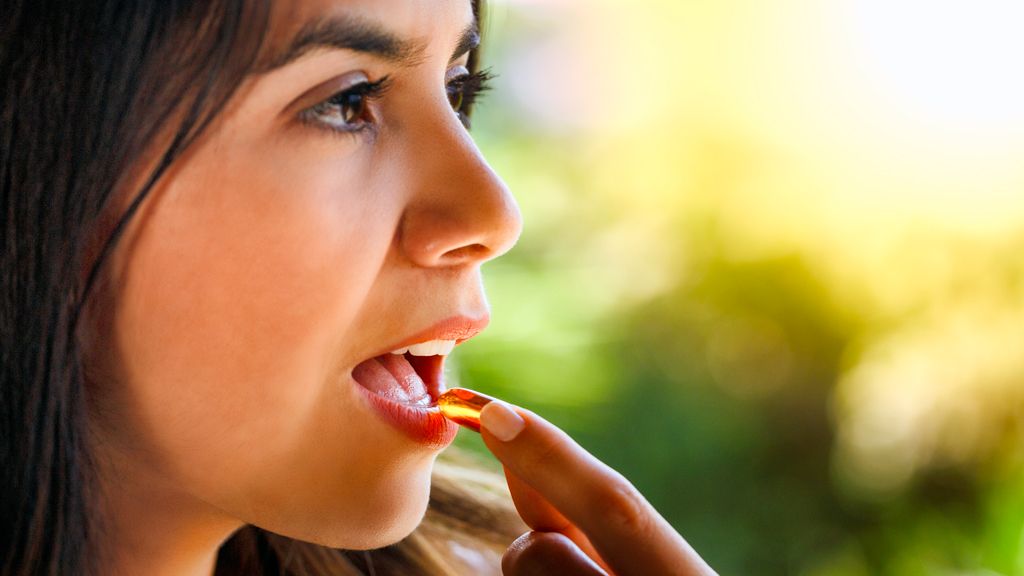 image copyrightapomares
image copyrightapomaresSome researchers have suggested that vitamin D deficiency might be linked with poorer outcomes if someone catches coronavirus. But other underlying risk factors, such as heart disease, are common in these patients too, making it hard to draw conclusions.
Prof Jon Rhodes, Emeritus Professor of Medicine at the University of Liverpool, says vitamin D has anti-inflammatory effects, and some research suggests it may dampen down the body’s immune response to viruses.
This could be relevant in very ill coronavirus patients, where severe lung damage can result from an inflammatory state in response to the virus, he says, although much more research is needed.
Should I take lots of it?
No. Although vitamin D supplements are very safe, taking more than the recommended amount every day can be dangerous in the long run.
If you choose to take vitamin D supplements:
- Children aged one to 10 should not have more than 50 micrograms a day
- Infants (under 12 months) should not have more than 25 micrograms a day
- Adults should not have more than 100 micrograms a day, with the recommended amount 10 micrograms a day
OVER 10K HAPPY CLIENTS ACROSS THE UK INCLUDING BIRMINGHAM, WALSALL, DUDLEY, STOURBRIDGE, OLDBURY, WOLVERHAMPTON, COVENTRY, LEAMINGTON SPA, NOTTINGHAM, SOLIHULL, TELFORD, GLOUCESTER, WORCESTER, DERBY, BRISTOL, STOKE AND SUTTON COLDFIELD INCLUDING THE FOLLOWING AREAS:
Acocks Green, Alum Rock, Aston, Balsall Heath, Birmingham City Centre, Bordesley Green, Bromford, Castle Vale, Digbeth, Edgbaston, Erdington, Garretts Green, Great Barr, Hall Green, Handsworth, Harborne, Hay Mills, Highgate, Hockley, Hodge Hill, Jewellery Quarter, King's Heath, Kings Norton, Kingstanding, Kitts Green, Ladywood, Lozells, Moseley, Nechells, Newtown, Northfield, Nuneaton, Pelham, Perry Barr, Quinton, Saltley, Selly Oak, Selly Park, Shard End, Sheldon, Small Heath, Smethwick, South Yardley, Sparkbrook, Sparkhill, Stechford, Tipton, Tyseley, Ward End, Washwood Heath, Wednesbury, West Bromwich, Winson Green, Witton, Yardley, Yardley Wood
Our therapists are fully insured for all services we provide. Qaya Clinic is based in Edgbaston Medical Village, Birmingham City Centre. WE ARE OUTSIDE THE CLEAN AIR ZONE with free nearby parking.

